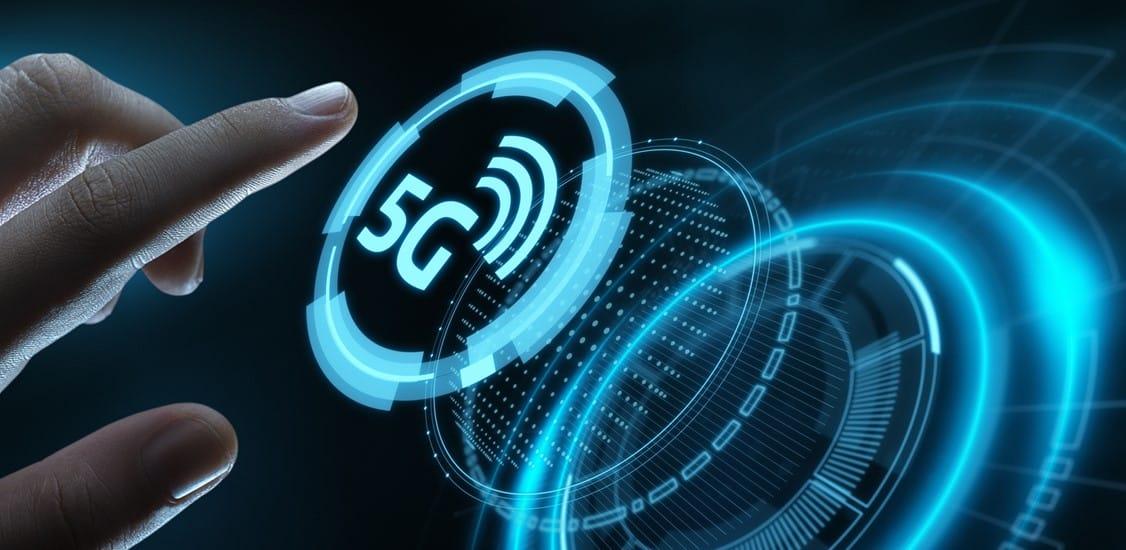Four Reasons Not to Buy a 5G Smartphone (Yet)

The fifth generation of mobile networks is a significant breakthrough in the modern telecommunications industry. The new wireless network standard is expected to take the world by storm within the next couple of years, growing by a whopping 70.83 CAGR between 2020 and 2025. But does the new network truly live up to this hype, and is it applicable on a personal level?
What makes 5G different from earlier networks?
5G completely blows its predecessors (LTE, 4G, and 4G+) out of the water with its speed, capacity, and efficiency specs. 5G can reach a 10 Gbps data rate – up to 100x faster than 4G. The network also has low latency (1 millisecond), a much broader bandwidth capacity, better coverage and availability, and a lower network energy footprint.
Besides the breakneck speeds, 5G also extends broadband applications beyond voice and internet connectivity. The low latency and wide capacity make 5G useful in large-scale and small-scale automation from smart homes and 4.0 industries to autonomous vehicles. And for the first time, a wireless network will be integrated with blockchain technology. Once 5G rolls out globally, it will use decentralized ledgers primarily to secure the network. In fact, blockchain is an integral component in the 5G ecosystem.
5G achieves these feats through a revolutionary software-controlled network architecture. The network is designed to utilize multiple radio spectrums to maximize data rates and reduce noise dynamically. 5G antennas incorporate transmission technologies such as MIMO and beamforming, enabling a single antenna to make numerous stable connections simultaneously. The technology behind 5G is much more sophisticated, but let’s not get into the technical details for now.
Is a 5G smartphone really worth it?
Leading phone manufacturers, including Apple, Samsung, Nokia, and Google Pixel, have already released the first generation of 5G smartphones. These phones have been in the market for a few years now, and the 5G capability is one of their main selling points. But is the world ready for a 5G smartphone? The simple answer is “no,” and here is why.
The network infrastructure is not ready yet
5G is a relatively new concept. Phone manufacturers and telecommunications companies started toying with the idea of a faster network back in 2013, but it wasn’t until 2017 when the network was standardized. The first 5G rollout started in 2019 in only a few select cities. Even today, 5G hotspots are scarce and far between. Some cities and countries don’t even have a 5G rollout plan.
Plus, most 5G carriers can’t yet deliver the whole 5G experience. In some cases, 5G connections are barely reliable and unexpectedly throttle down to 4G.
The price is still too high
The price difference between 4G and 5G-enabled smartphones is significantly high. For instance, Samsung’s flagship releases in 2020 and 2021 start at well over $1,000, while their 4G equivalents sell for as low as $700. Although you should expect to pay a higher price for a 5G-ready phone, something about the pricing isn’t quite right.
In most cases, 5G smartphones come with extra bells and whistles such as larger screens and higher resolution cameras – features that are completely unrelated to 5G. So, you never really know how much more you’re actually paying for the 5G antenna, which is likely too much. In fact, some argue that the 5G feature is a deliberate attempt by some manufacturers to raise the price of their devices.
5G connection is not practical for most smartphone applications
5G usage on smartphones is still far from practical. In an ideal scenario, it will take you less than three minutes to download 5 GB of data on 5G. But how often does a smartphone user need to download such bulky files? And if you’re thinking about other applications such as gaming and conferencing, a premium 4G data connection is more than sufficient for those too.
What’s more, today’s smartphone hardware can’t handle 5G demands in prolonged active use. A recent Wall Street Journal article described the 5G network as a “hot mess,” stating that 5G smartphones heat up alarmingly, especially in the summer. The battery and processor strain to meet 5G’s power and computing requirements.
The general public hasn’t accepted 5G
5G is a radical new technology, and the general public is not entirely on board with it yet. There are tons of myths and misconceptions surrounding how 5G works and the intentions behind the network’s rollout. Some claim the radiation from 5G antennas can cause cancer, and others believe that 5G is an ill-bent surveillance or espionage technology.
All this is not true and shouldn’t stop you from enjoying what 5G has to offer. But this could slow down 5G rollouts in many areas. These beliefs are so strong that they’ve sparked anti-5G protests and movements in various parts of the globe. Some activists even vandalize 5G antennas, halting deployment plans. Until these protests stop, some cities and countries may never realize a stable 5G network.
The bottom line is that it’s still too early for widespread 5G adoption, especially on smartphones. There is really no good reason to get a 5G-enabled smartphone right now, at least from a technical standpoint. But if you don’t mind paying extra for the 5G feature, there is nothing wrong with getting a 5G phone either. But you probably won’t enjoy or even experience the full 5G capabilities on the range of smartphones and the limited 5G network coverage available today.
— — —
Author Bio
Oli Kang is a working mum who has a passion for teaching and all things educational. With a background in marketing, Oli manages the digital channels and content at Courses AU.
